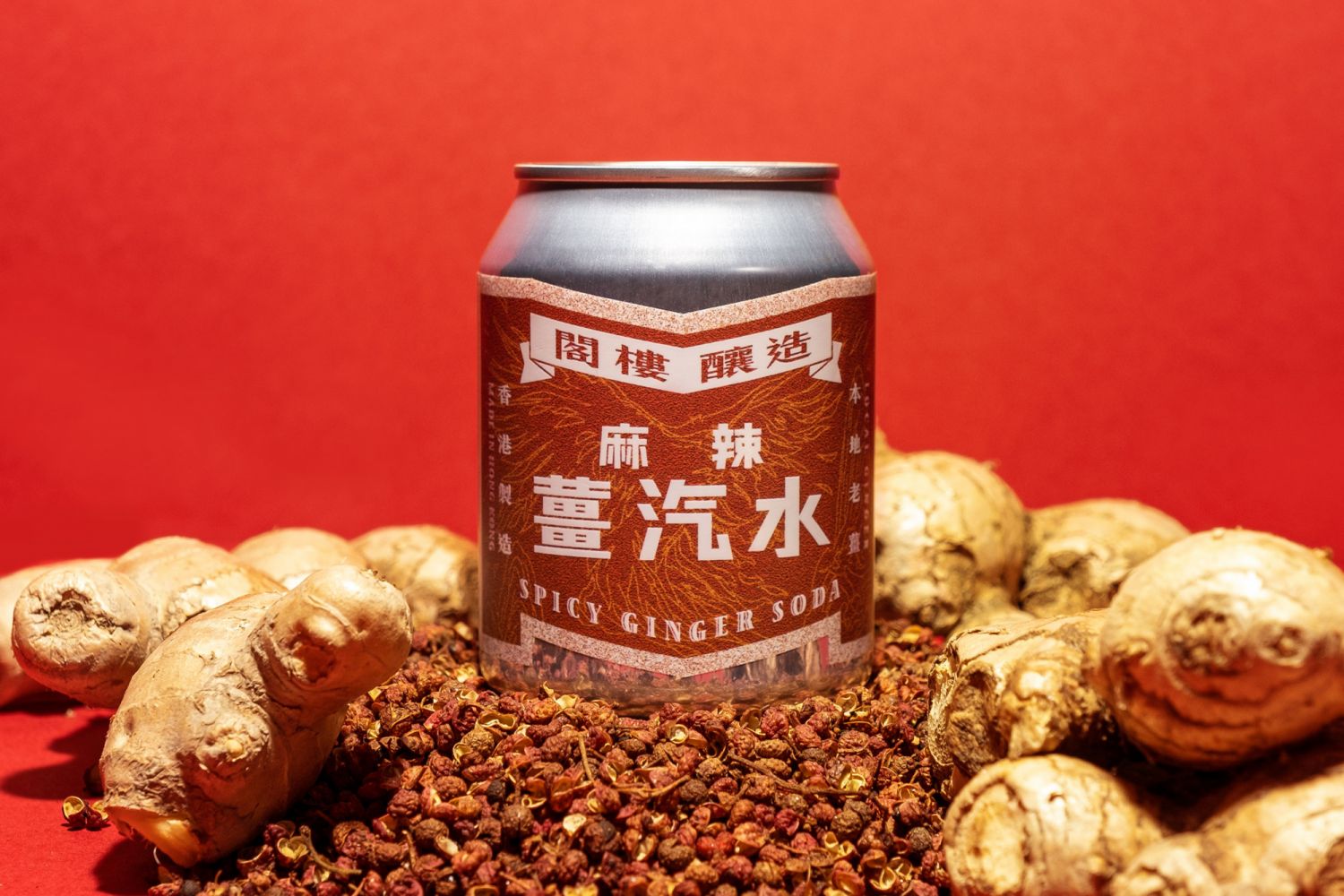The canned drink has taken off like never before in Hong Kong this past summer, with a bevy of local brands throwing their hat into the ring. We look some of the brands that redefined summer drinking in our city
Between the global heatwaves that roasted almost the entirety of the Northern Hemisphere, the continuing effects of pandemic restrictions, and the regular spate of typhoons that had Hong Kong's population of 7.5 million cooped up at home, the summer of 2022 was a perfect storm for the proliferation of the ready-to-drink (RTD) beverage in our city.
While the term encompasses anything that can be packed into a can, RTD beverages often target a millennial audience with eye-catching packaging and the convenience of pre-mixed cocktails that go beyond your average canned beer or Red Bull in terms of complexity of flavour—although the term is expanding quickly to include health-oriented drinks that claim to deliver everything from probiotics and antioxidants, to natural energy boosters and nootropics.
Of course, the concept of RTD has been around for a while now—Kwoon, a canned cocktail brand by The Woods Nomadic founder Victoria Chow, first launched here in 2017, although it was arguably ahead of its time, having disappeared from the scene almost as quickly as it appeared. But like almost all aspects of life, the Covid-19 pandemic dramatically reshaped the market dynamics for RTDs, such was the effect of dinner bans and bar closures in changing consumer behaviour.
During what might well become known as Hong Kong's Hot Can Summer, no fewer than four new RTD brands launched locally this year, each looking to capitalise on a burgeoning appetite for tasty, sessionable drinks in a convenient package. As a point of reference, in 2020 alone, the global RTD category grew by 43 per cent in volume, led mainly by the US.
So what's driving this sudden boom in Hong Kong? We spoke to the market's newest entrants to find out.
Read more: Head Bartender Hnin Pwint Aye’s New Bar Programme at Club Rangoon Is an Ode to Burmese Women
Cause and effect

Amy P. Tsien, a wellness industry professional turned entrepreneur, was inspired to create her health drink startup, Eve, from the meeting of two trends that arose during the pandemic. "Firstly, people definitely paid more attention to their physical and mental wellbeing. Secondly, the drinking culture has also pivoted during this time: people are suddenly a lot less used to going out and partying till the morning." The result? A 'recovery soda' that is made using a formula of herbs, fruits, vitamins, and minerals—with Japanese turmeric as a proprietary key ingredient—that Tsien claims can act as a thirst quencher, alcohol aid and mood booster.
For Alexander Ko, who co-founded homegrown canned cocktail brand Chako alongside Quinary owner Antonio Lai, the move towards a canned format "was really about trying to make sure people could have access to bar-quality cocktails no matter what they're doing, or where they’re doing it". But that's easier said than done, with Ko and Lai not only having to learn the ropes of canning on an industrial scale, but also translating their bartending background into the mindset of a retailer. "The three flavours we launched alone went through 286 iterations to get to the final recipe."
Similarly, Young Master founder Rohit Dugar describes his company's new line of canned highballs, named Higherthan, as the product of "an incessant practice" of R&D with no direct correlation with the pandemic—although the idea was sparked in part by a collaborative canned cocktail created in partnership with COA during one of the first waves of Covid-19 in Hong Kong. "Around the same time, we launched our beers in the US as well—and with that, we began to look at our product portfolio as evocative of a modern expression of Asian youth culture. This perspective further helped solidify the mission behind this launch."
See also: The New Icons: 7 Chinese Wineries That Changed the Game



